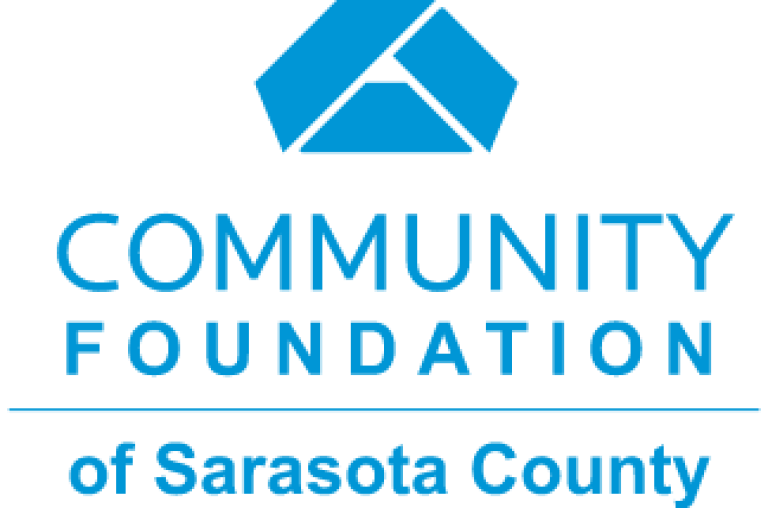Navigating through the scholarship application process can be a challenging task. That is why the Community Foundation of Sarasota County has compiled a comprehensive list of Frequently Asked Questions to help guide students and their applications toward success.
Drawn from decades of community experience, we have provided answers to your questions on eligibility, the application process, and required supporting documents, such as the FAFSA, SAR, and other important documents. Click on a topic below to view related questions and their corresponding answers.

